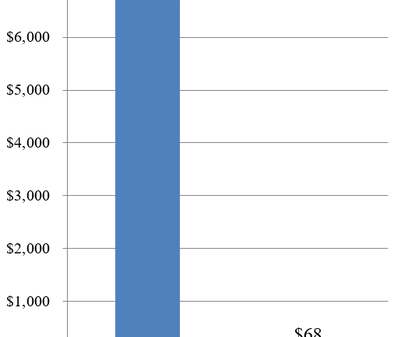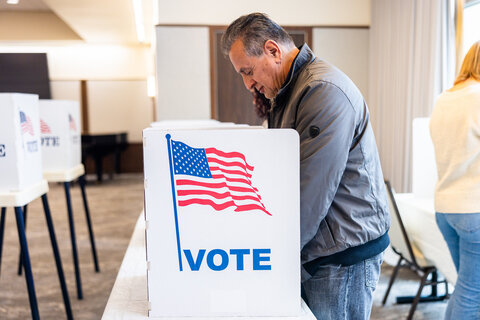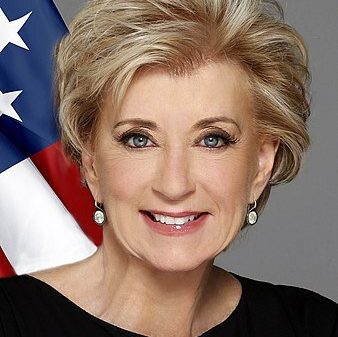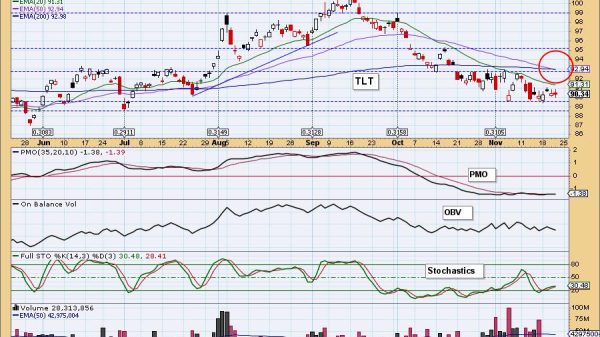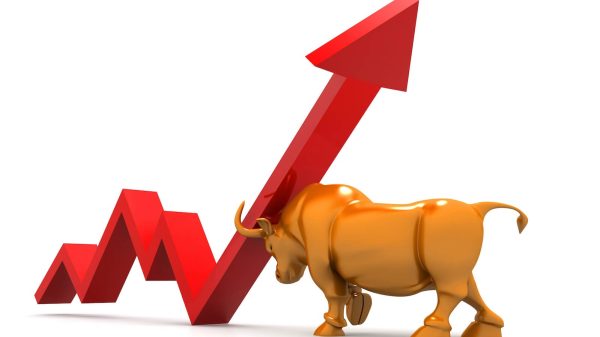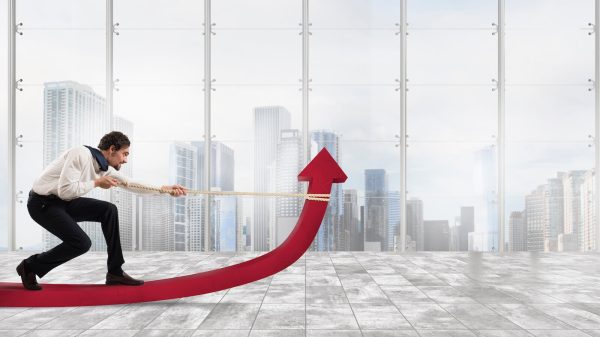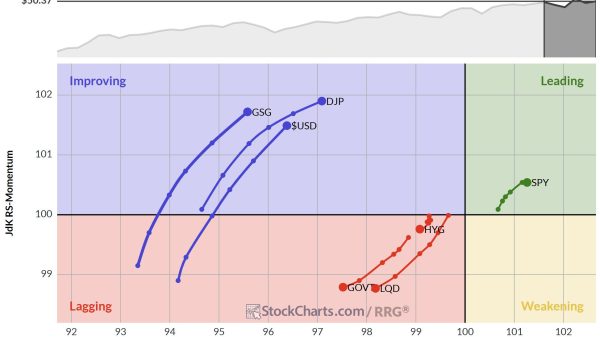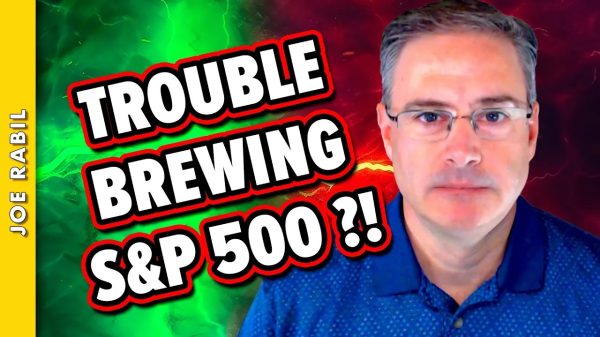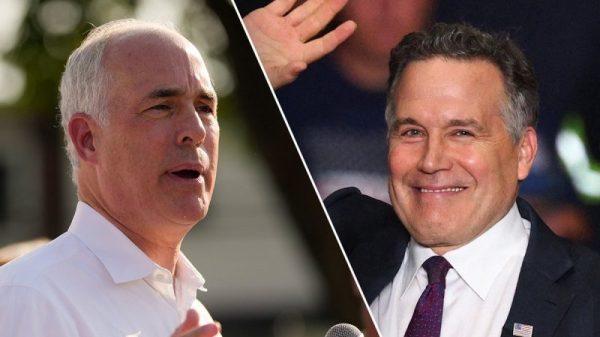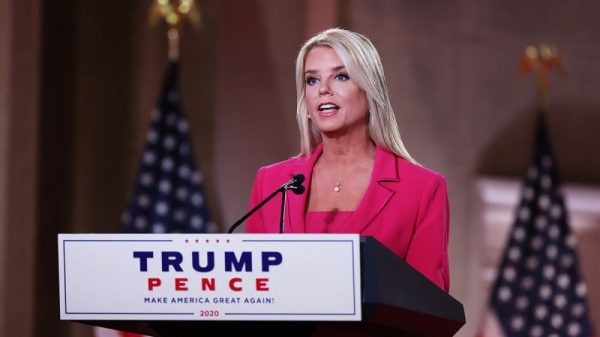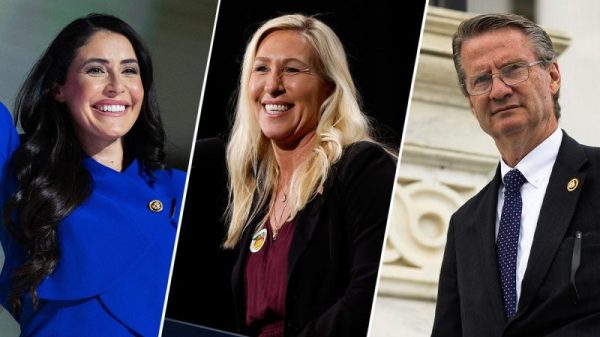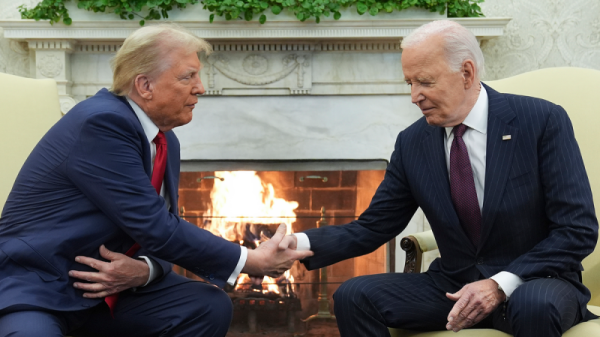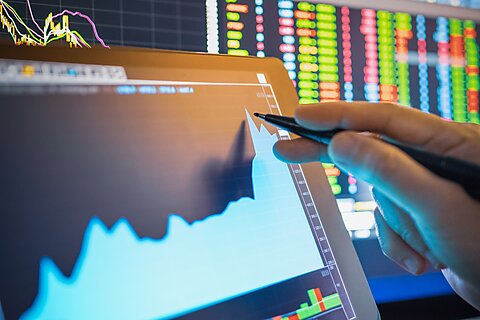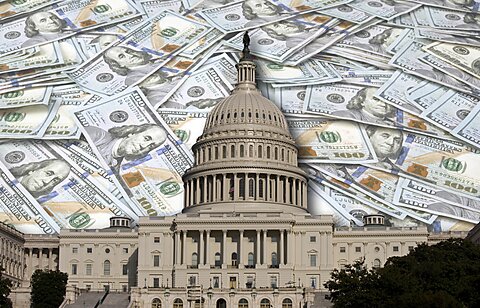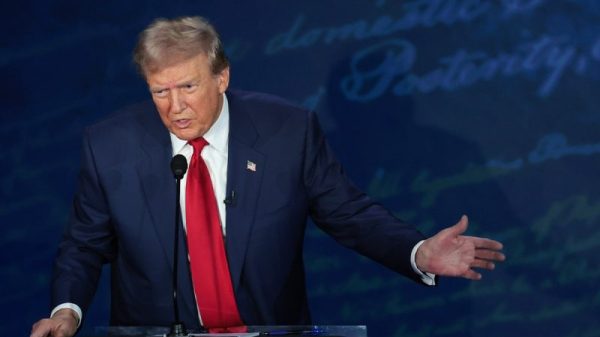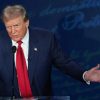
Insider trading is the purchase or sale of securities—typically stocks or bonds—by someone with material non-public information (MNPI) about these companies. MNPI is corporate news or information that has not yet been made public and could impact security prices. Some critics of insider trading argue that it violates the principle of equal opportunity because actors are trading on information available only to them, while others claim it creates inefficiencies by discouraging investment.
Neither argument is convincing. Every security transaction has a willing buyer and a willing seller. Moreover, much “insider” trading is legal, such as hedge funds trading on their own research. Insider trading is likely to make markets more efficient by incorporating MNPI into stock prices faster. According to a 1992 study, on both insider trading days and those leading up to the eventual announcement of information, pre-announcement price drift occurs. Were the market to remain static, investors would face greater risks as security prices would not reflect the true value informed by insider knowledge.
Further, non-governmental mechanisms can protect non-insiders. Amazon enforces trading windows, pre-clearance requirements, and restrictions on sharing MNPI for its employees, protecting investors from insider trading. Other companies may implement confidentiality agreements and blackout windows to prevent selective disclosure. Companies can also offer clawback provisions that reduce profits from employees’ insider trading. The government’s only regulatory measure would then be enforcing these contracts.
While most countries have strong protections against insider trading, historical evidence suggests that efficient economies do not need such regulations. Hong Kong only banned insider trading in 2003, and a 2004 study found that the Hong Kong Stock Exchange ranked tenth in efficiency out of 25 of the strongest markets from North America, Europe, and Asia. Insider trading bans thus seem unnecessary to ensure market efficiency or protect investors. Allowing market forces and private contracts to handle insider trading would foster more accurate pricing without the need for heavy government intervention.
This article appeared on Substack on September 30, 2024. Jonah Karafiol, a student at Harvard University, collaborated on this column.






